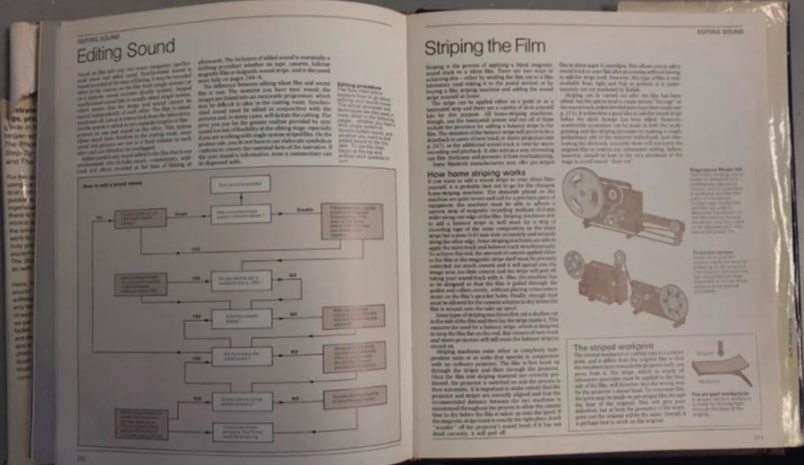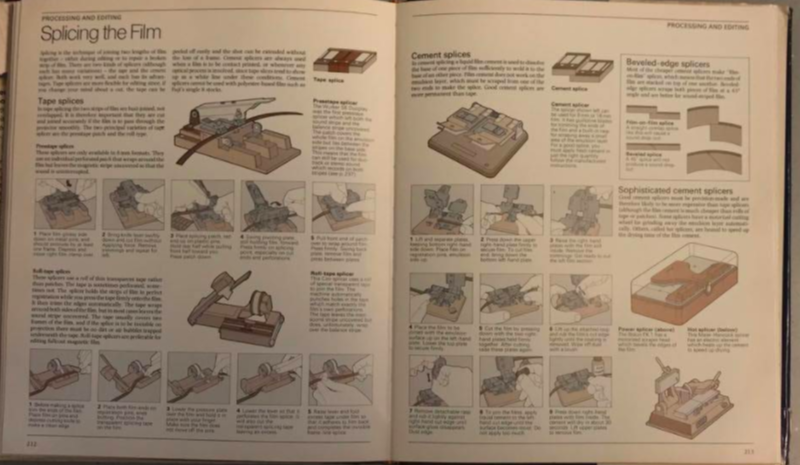Time Travel
- emgdiaz
- Nov 4, 2017
- 1 min read
I was able to search through some books at the Emory Visual Arts building. I scoped out an old torn up book called The Book of Movie Photography (1979). It may be because I am a film major, but when I picked this book up I felt slightly sentimental. The touch of this book that probably hadn't been opened in a while, sparked a moment of silent reflection within me. In my thoughts, I was pondering on the advancement of the film industry and how the digital culture transformed it. The content of this book contained techniques and equipment that many of the greatest filmmakers had mastered. It includes the history of filmmaking, lighting, sound, editing, and even projection of films. While I was going through this book, I couldn’t help but feel a bit disappointed in myself. I, an aspiring filmmaker, had not taken the time to learn more about the technical history of filmmaking. When this book was published, digital cameras, multi functioning movie editing softwares, or high definition sound systems had yet to take the film industry to the next level. The equipment and techniques that are written and explained in this book are vital to understanding the structure of a film. From learning to splice physical film footage, to learning how to work with external sound, the fundamentals of film stem from these original innovations. It made me realize that it isn't the technique itself that has changed, but rather the medium, the way the film is constructed and presented. Film was digitally transformed and since then the industry has never been the same.















Comments